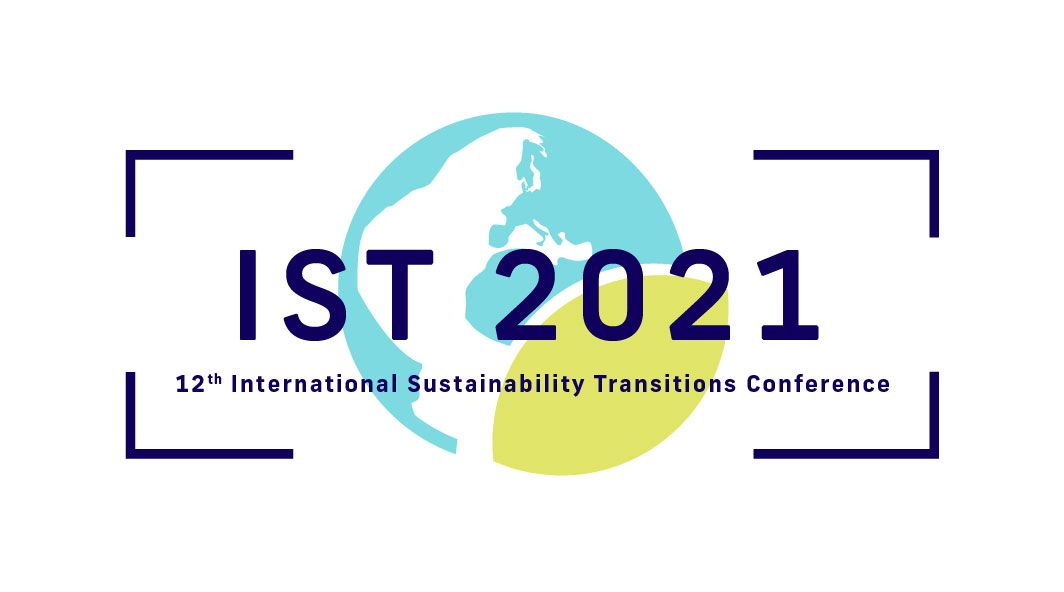Challenging incumbency by integrating radical pathways: Governing challenges, interests and socio–materialities in Agri–food transformations
Organizers: Kostas Vattes and Stathis Arapostathis, National and Kapodistrian University of Athens
Incumbent agri–food socio–technical systems that have dominated the last sixty years based on intensive monoculture methods face extreme challenges during the last decades. Lack of
biodiversity and varieties in ecosystems, desertification, land degradation and marginalization of peasants –mainly in the Global South– are some of the system’s critical challenges. Inter–governmental agendas as the SDG try to respond to these challenges setting targets and facilitating to steer the system to more socially and environmentally sustainable pathways. At the same time, incumbent regime resist to radical pathways opposing their interests, diffusing also power to more actors.
To integrate alternative, more radical views, researchers in the interdisciplinary field of transition studies have gone about the concept of sociotechnical system by adopting STS approaches and integrating alternative pathways in their analysis (Stirling, 2018; Chilvers et al, 2018). Stirling (2018) uses the concept of socio–material incumbency describing the many divergent “faces” of power reinforcing particular trends for transformation while stopping others. Focusing on the asymmetries of power and on the particular directions of change which these “magnitudes of intensities”have oriented, this approach takes into account potential pathways that are not the dominant ones. In their work, Chilvers et al (2018) talk about ‘ecologies of participation’, arguing for the relational, multi–dimensional as well as systemic contexts stressing existing and emerging power relations. They have analyzed the way particular collectives become dominant while others become endangered and marginal within wider socio–material ecologies. These perspectives could be extremely influential mainly in the agri–food regime where technological and societal niche–innovations co–exist with the incumbent regime for long periods as parts of the incumbency. The discussion session addresses the topic of the conference and aims in reflecting on processes of marginalization as well as the emerging opportunities for the integration of alternative socio–material pathways and system transformations.
Based on these analytical approaches this dialogue session would like to stress ways mainstreaming alterative socio–materialities rising at the same time critical questions of the results of such integration. Research questions and issues that this panel would like to address could be:
- Do SDGs, as promoted by incumbent actors, create exclusions and marginalization of alternative pathways?
- How could we, and should we, be mainstreaming alternative socio–materialities in the agri–food system?
- How would mainstreaming alternative views and logics affect the relation of values versus interests in the making of the transitions?
- How materialities function as actants in the making of the transitions and how they participate in the configuration of alternative social orders?
- How can we move from techno–sciencific knowledge regimes of domination to knowledge regimes of co–creation in the making of the transitions?
The session is comprised of 4 contributions, of not conventional type of conference paper, since there will be short statements/papers of 15 minutes by each of the participants in the panel and 30 minutes discussion with the attendees. The panel will be advertised to the newly established research network on agrifood transitions that has been established within the Sustainability Transitions Research Network (STRN). The session organizers are members of the agri–food transitions network and will take action to promote the session in that network. The topic and the contributions of the session resonate well with research questions and issues relevant to the governance of sustainable transitions, thus the potential audience will include attendees with an interest in governance studies. Furthermore, the discussion session fits nicely with the new material turn in the transition studies and will attract conference attendees with an interest in the socio–material context of transition pathways. For all the above reasons the discussion session aspires to attract an audience from three different research groups within the ecology of transition studies and the Sustainability Transitions Research Network.
References:
– Chilvers J., Pallett H. and Hargreaves T., (2018), “Ecologies of participation in socio–technical change: The case of energy system transitions”, Energy Research & Social Science, Vol. 42, pp. 199–210.
– Stirling, Andy. ‘How Deep Is Incumbency? A “Configuring Fields” Approach to Redistributing and Reorienting Power in Socio–Material Change’. Energy Research & Social Science 58 (1 December 2019): 101239. https://doi.org/10.1016/j.erss.2019.101239.
Confirmed speakers and titles of contributions (alphabetical order):
Stathis Arapostathis and Konstantinos Vattes, National and Kapodistrian University of Athens, Greece, “Material entanglements, entanglers and the role of the incumbents in unheeding alternative pathways in the agrifood systems”
Adrian Ely, University of Sussex, UK, “Experimenting with the socio–materialities of seeds in the search for hybrid pathways to sustainability”
Agni Kalfagianni, University of Utrecht, The Netherlands, “Philanthropy in agri–food governance: how foundations fuel transformations and with what consequences for sustainable food systems”
Katerina Psarikidou, University of Sussex, UK, “From ‘knowledge exchange’ to ‘research co–production’: negotiating ‘participation’ in agrifood research, and implications for food systems transformations”


